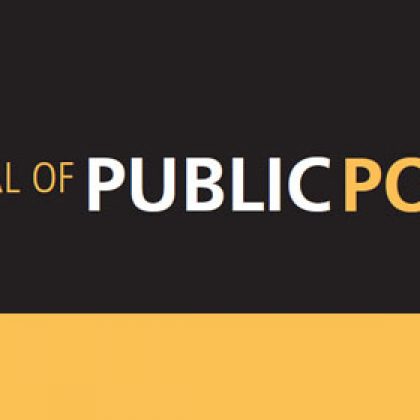Flip it Open: Opening up Roman studies
As one of the editors and authors of Rome: An Empire of Many Nations. New Perspectives on Ethnic Diversity and Cultural Identity, it seems to me that the volume’s becoming open access affirms the purpose of the book and the field which it investigates.
The volume itself both reflects and offers innovations within a new turn in the history of empires and imperialism — namely, a new emphasis on problems of personal identity, ethnicity, language and culture. In other words, this new turn focuses the historian’s interest on the ruled rather than the rulers, shifting attention away from matters of high politics and centers of power in order to learn the experience of the individuals living under imperial domination. For example, in our volume: what was it like for a resident of a city or village in Greece, Africa, Judaea to live in the Roman Empire? From the perspective of our own time, this turn in Roman studies reflects the heightened attention to the impact that contemporary politics, education, social relations and legislation have on individual identity, ethnicity, and the problems of a multi-cultural society.
This change in what historians are now choosing to look at may prove to be one of the most productive and illuminating turns in the long history of historical scholarship.
But the new perspective, the new way of viewing historical reality and using old materials in new ways, requires collaboration and exchange of information and ideas between scholars, and between scholars and readers, to a greater degree than ever before. This whole area of discovery and discussion is not worthwhile or effective if confined within the privileged walls of academia. Rome: An Empire of Many Nations will have its greatest intended impact if read and used not just by the known cadre of professional Roman historians — the “usual suspects”, mostly working in Western institutions — but also by a larger audience for whom the topics discussed in the book are not only interesting but alive and immediate.
Professional historians — well, not all, but certainly very many — like to think that their work is important and has the potential for deeply affecting the way people understand themselves and their lives. Certainly, in these days of free-flowing, unfiltered information and misinformation, a necessary step to prevent truth and honesty from being buried in the dung-heap of false facts and tendentious argument is to make serious books such as the present one on ethnic diversity and cultural identity accessible to readers; and this necessary step requires converting such books into an open format. Let the information flow! Sharing information is sharing ideas; and sharing ideas in an open and unhindered manner is an essential component for the success of Open Society.
Visit Cambridge Core to read the book, or find out more about our Flip it Open book pilot here.






